Vaccinations for the novel coronavirus will be secured for all citizens by the first half of next year, Prime Minister Shinzo Abe announced during a news conference Friday in which he put forward a series of policy packages and revisions that, together, represent a shift in the country’s comprehensive strategy to suppress the pandemic.
“Our fight with this invisible enemy began in January,” Abe said. “We have learned much over the past half year — about how to protect those who are most vulnerable and how to reconcile public health and economic recovery — that the country must utilize moving forward.”
Reserve funds from the country’s second supplementary budget of fiscal 2020 will be used to procure the vaccines, the distribution of which, Abe said, will prioritize the elderly, health care providers on the front lines and those with pre-existing conditions.
The government will provide financial support to vaccine manufacturers and distributors should health problems trigger legal action.
Following the announcement Friday of Abe’s intention to resign, observers are concerned about the implications of a major leadership change during an ongoing health crisis.
During a meeting of the central government’s coronavirus taskforce earlier Friday — the first held in over a month — Abe and other top officials discussed a number of pending issues, not the least of which is the coming flu season.
Strengthening testing capacity is necessary, Abe said, to prepare hospitals, testing centers and other medical facilities for a possible scenario in which patients outnumber hospital beds or individuals need to be tested for both the influenza virus and COVID-19.
To deal with that situation or avoid it altogether, the government aims to provide simple antigen test kits at a volume that would allow for an average of 200,000 tests to be conducted every day.
The implementation of regular testing at medical facilities and nursing homes in hard-hit parts of the country was included in the national strategy announced Friday.
As of Friday morning, Japan had reported more than 64,700 infections and 1,200 deaths.
The health ministry is considering a revision of its classification of COVID-19 under the country’s infectious disease law. The virus is currently classified as a Category II Infectious Disease, the second highest on a five-level scale.
Changing COVID-19 to a lower ranking, officials said, could loosen the country’s hospital admission process and help reduce the inflow of patients, lift the burden on health care professionals and thus allow them to prioritize the treatment of those who need it most.
Yasutoshi Nishimura, the Cabinet minister in charge of the country’s response to COVID-19, said a decision will be made next month whether to add Tokyo to the Go To Travel campaign, which began July 22. The capital was exempted from the government-funded program after heavy backlash fueled by criticism that promoting domestic tourism during the pandemic was reckless. However, Tokyo’s exclusion from the program led many to question its economic impact.
Inclusion of the capital’s nearly 14 million residents in the program might help justify its high budget, but the movement of tourists from an urban center to rural parts of the country is drawing public concern.
Until a decision is made, it appears that the campaign will remain suspended in limbo.
- سيعجبك أيضاً




Recent Comments